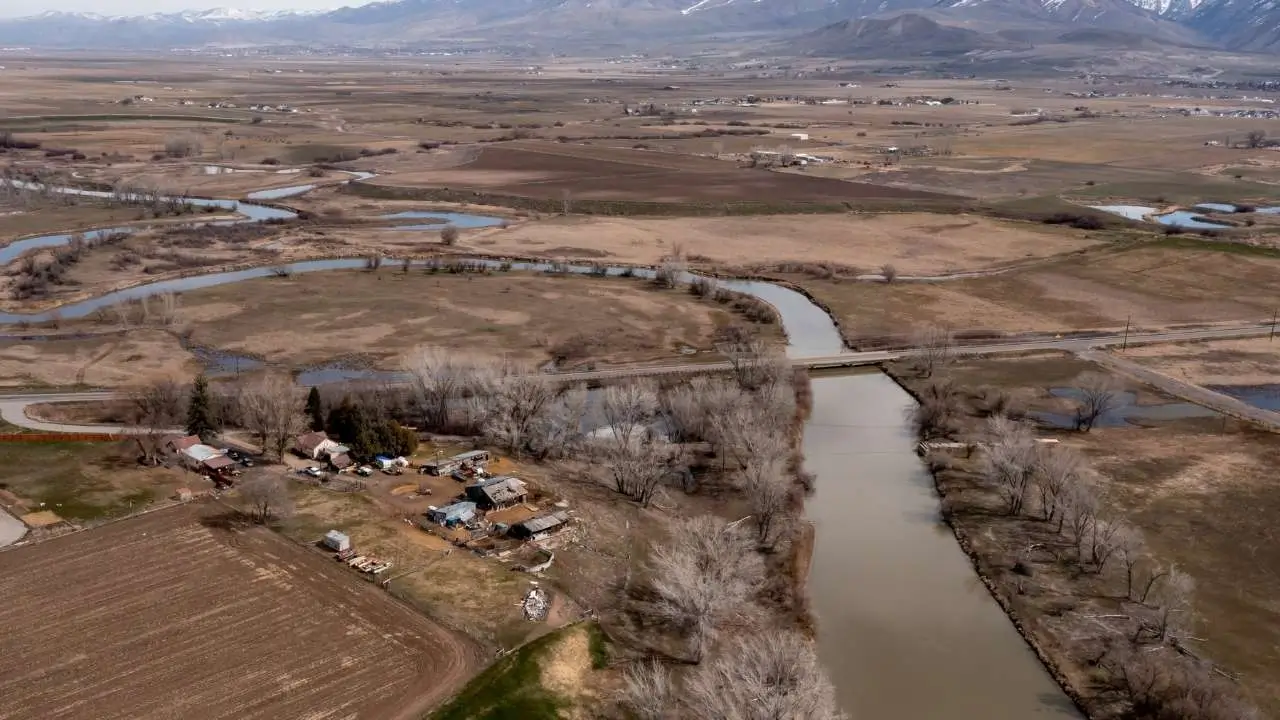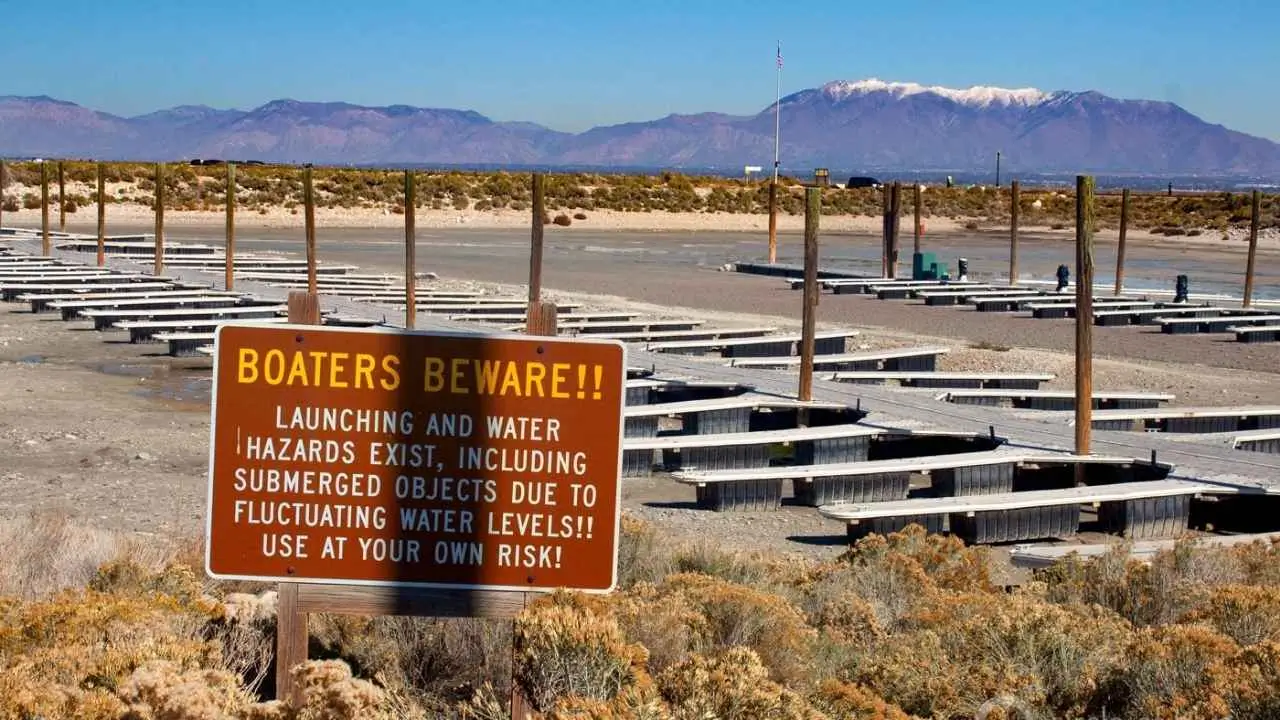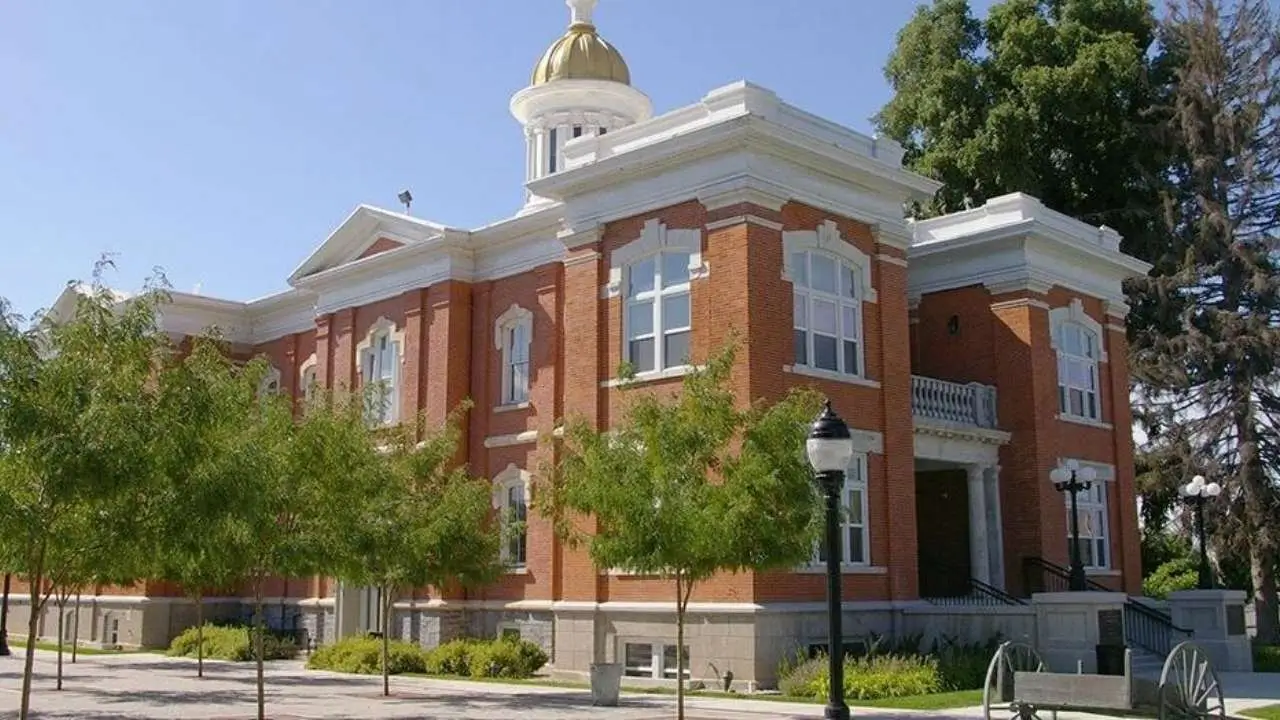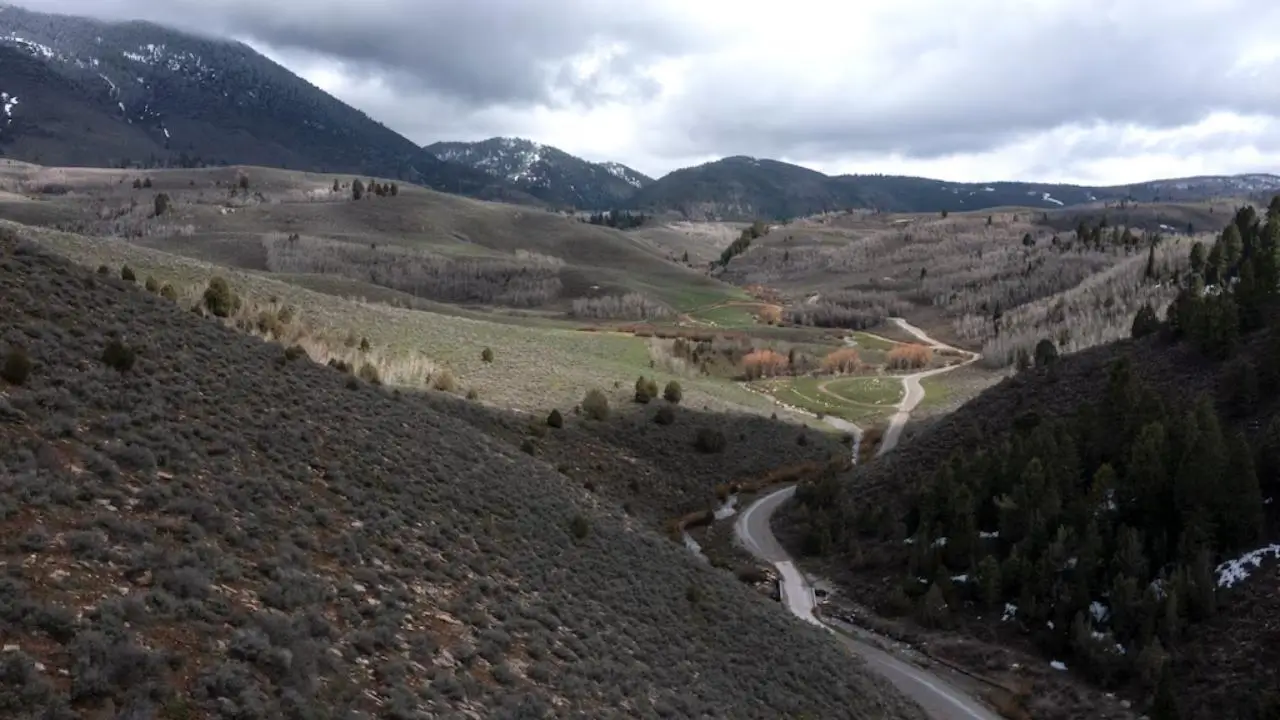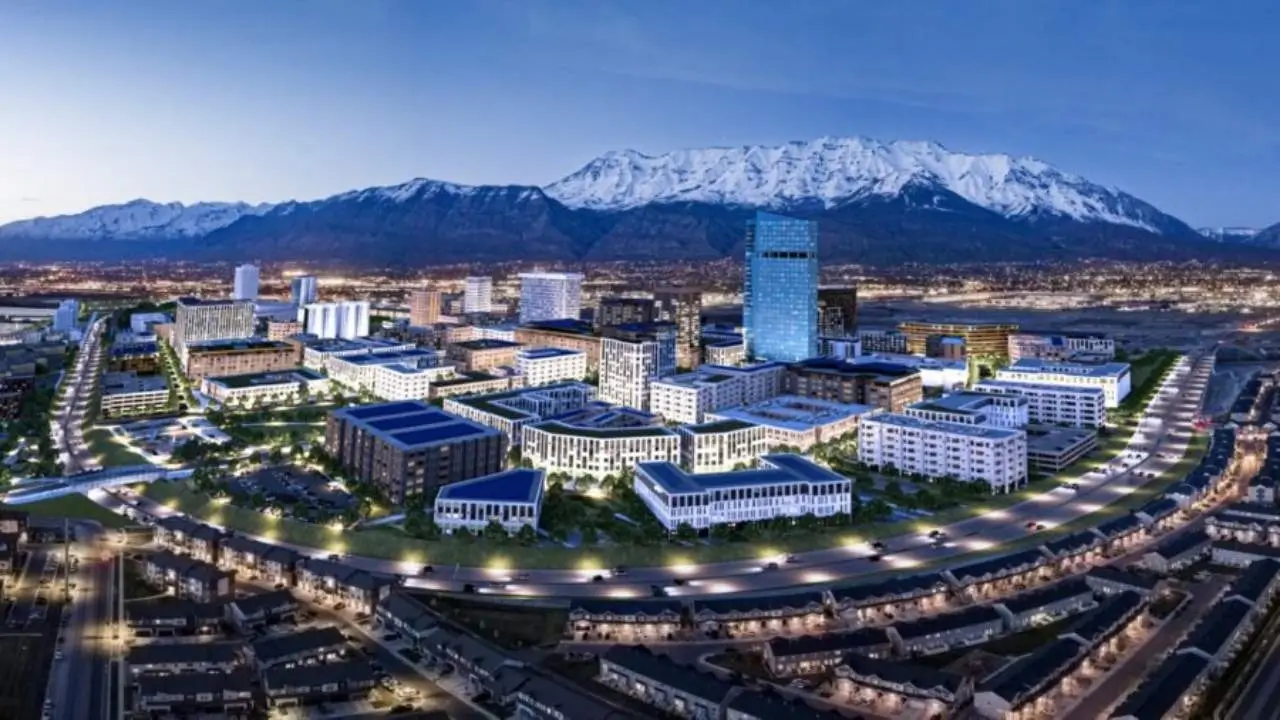Cache County, a rural region in northern Utah, is considering a bold proposal that could reshape its economic landscape: attracting major technology companies to build campuses in the area. While proponents argue that the move could bring much-needed jobs and infrastructure improvements, critics caution against potential environmental damage and the strain on local resources. The debate over this proposal has sparked strong opinions on both sides, highlighting the challenges of balancing growth with preservation.

The Proposal: What Is at Stake?
The proposal, first introduced in early 2025, seeks to position Cache County as an attractive location for tech giants like Google, Apple, and Microsoft. Proponents envision a large-scale campus development that could generate thousands of jobs, particularly in high-tech sectors, and provide substantial tax revenue for local governments.
Local leaders believe this project could be a game-changer for Cache County, an area traditionally reliant on agriculture. By attracting major tech companies, the county could diversify its economy, offer new employment opportunities, and create a thriving technology sector.
The development plan includes significant infrastructure upgrades, such as high-speed internet access, improved transportation networks, and enhanced public services to support an influx of new residents and businesses. These improvements could transform Cache County from a largely rural area to a modern, vibrant hub for technology and innovation.
However, the proposal has not been universally welcomed. Many residents and environmental advocates have raised concerns about the potential consequences of such rapid development.
Divided Opinions: Support vs. Opposition
Support for Economic Growth
Cache County’s economy is currently heavily dependent on agriculture, with limited access to high-paying jobs in technology and other advanced sectors. Proponents of the tech proposal argue that the benefits of attracting big tech companies far outweigh the risks.
Supporters point to the success of similar developments in nearby regions, such as Silicon Slopes in Utah County, where tech companies have revitalized local economies. Silicon Slopes, a region known for its concentration of tech businesses, has seen significant growth in recent years, contributing billions of dollars to the state’s economy. This success story serves as a model for Cache County, which hopes to replicate its economic transformation.
“The potential for job creation is immense,” said Sarah Anderson, a business owner in Cache County. “Having these tech companies in our area could transform the entire region and provide opportunities for generations to come.”
Tech companies are often drawn to areas with lower operating costs, a well-educated workforce, and access to a network of other businesses. Cache County, with its proximity to universities and a growing interest in tech education, could offer an ideal setting for major tech firms looking to expand their footprint.
Proponents also highlight the potential benefits to local infrastructure. As part of the development proposal, Cache County would see upgrades in public services like transportation, education, and healthcare. These improvements would not only benefit the tech companies but also enhance the quality of life for existing residents.
Environmental Concerns and Quality of Life
On the other side of the debate, environmentalists argue that the project could harm Cache County’s natural beauty and ecosystems. The proposed development area includes sensitive wildlife habitats and farmland that many believe should be preserved.
Cache County is known for its wide-open spaces, scenic landscapes, and clean air. These attributes are highly valued by residents and visitors alike, and environmental advocates are concerned that the introduction of a large tech campus could lead to significant environmental degradation.
Laura Peterson, an environmental activist, expressed concern over the project’s potential impact. “Cache County is known for its clean air, open spaces, and natural landscapes. We risk losing these invaluable resources if we sacrifice our environment for corporate interests.”
The proposed development would require clearing large areas of land for new buildings, roads, and utilities. While some of these areas are currently underutilized, others are important agricultural lands that contribute to the county’s rural character. Critics argue that urban sprawl could erode the very qualities that make Cache County unique.
Beyond the environmental issues, opponents also worry about the pressure that such a development would place on the county’s infrastructure. Cache County’s current roads, water systems, and public services are not designed to handle the population growth that a tech development would likely bring. Critics argue that these systems would need to be significantly expanded, possibly diverting resources away from other community needs.
“I think the county would be overwhelmed by the demands of such a massive project,” said Mark Taylor, a local resident. “We would see higher traffic, higher costs, and fewer of the things that make Cache County great.”
Housing Market Concerns
Another significant concern is the potential impact on the county’s housing market. The influx of tech workers into Cache County could lead to rising demand for housing, driving up prices and making it harder for existing residents to afford homes. With the arrival of a new, more affluent population, local housing prices might increase, pricing out long-term residents and changing the overall character of the community.
Currently, Cache County has a relatively affordable housing market compared to other parts of Utah. However, a surge in demand from new residents could lead to rapid price increases, creating housing shortages and making it more difficult for young families or low-income residents to remain in the area. Some critics argue that without adequate affordable housing initiatives, the proposal could exacerbate inequality and gentrification in the county.
“The housing market could be fundamentally altered by this development,” said Emily Roberts, a local real estate agent. “The risk is that the people who have lived here for years will be pushed out by higher rents and property prices.”
A Balancing Act: Can Cache County Grow Responsibly?
One of the main challenges with this proposal is balancing the potential benefits of economic growth with the preservation of Cache County’s identity. While the promise of jobs and new opportunities is appealing, the region’s charm lies in its rural, community-oriented lifestyle.
According to Dr. Emily Clark, a professor of urban planning at Utah State University, “Cache County must carefully weigh the long-term consequences of such a decision. While big tech can bring prosperity, it can also bring congestion, rising housing costs, and challenges to local governance.”
Cache County is also home to several important agricultural industries, including dairy and crop farming. For many residents, the area’s rural way of life is an essential part of its appeal. With the growth of big tech, some fear that the agricultural economy could be sidelined in favor of urban development. Farmers may find themselves pressured to sell their land to developers, and the county’s agricultural heritage could slowly disappear.
Local officials are aware of these challenges and have promised to implement strategies to mitigate negative impacts. For example, they have suggested establishing green building standards and conducting environmental assessments to ensure that the development does not irreparably harm the county’s natural resources. Some have also proposed creating designated agricultural zones to protect farmland from being overtaken by urban sprawl.
While these measures may help to some extent, critics argue that they may not be enough to fully protect the county’s environment and quality of life. The tension between development and preservation is a difficult one to resolve, and it remains to be seen whether Cache County can successfully navigate this challenge.
Cache County’s Next Big Controversy — How a Simple Road Project Sparked Countywide Protests
What’s Next for Cache County?
As the debate over the tech proposal continues, Cache County faces a crucial decision about its future. The local government is expected to hold a public hearing later this year, where residents will have the chance to voice their opinions directly. This will be a pivotal moment in the county’s history, as the decision could have far-reaching consequences for both its economy and its environment.
Many residents have already weighed in, and their voices have been divided. Some see the development as an opportunity for growth and prosperity, while others fear that it could lead to the loss of the very qualities that make Cache County special.
The outcome of this decision will shape the county’s future for decades to come. If the proposal is approved, Cache County could become a booming tech hub with all the economic benefits that come with it. However, if it is rejected, the county may continue on its current trajectory, preserving its rural character but potentially missing out on the opportunities that tech development could bring.
“We’re at a crossroads,” said David Harris, a local council member. “We want to ensure that any development we approve benefits both our economy and our environment, and that it aligns with the values of the people who live here.”
As Cache County moves forward with this decision, it will have to weigh the costs and benefits of embracing big tech. The future of the region depends on finding the right balance between growth and preservation, and the coming months will be critical in determining which path the county ultimately takes.



